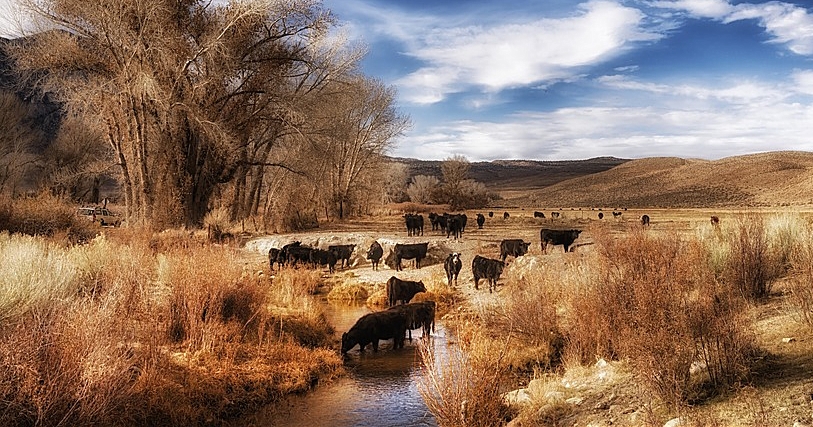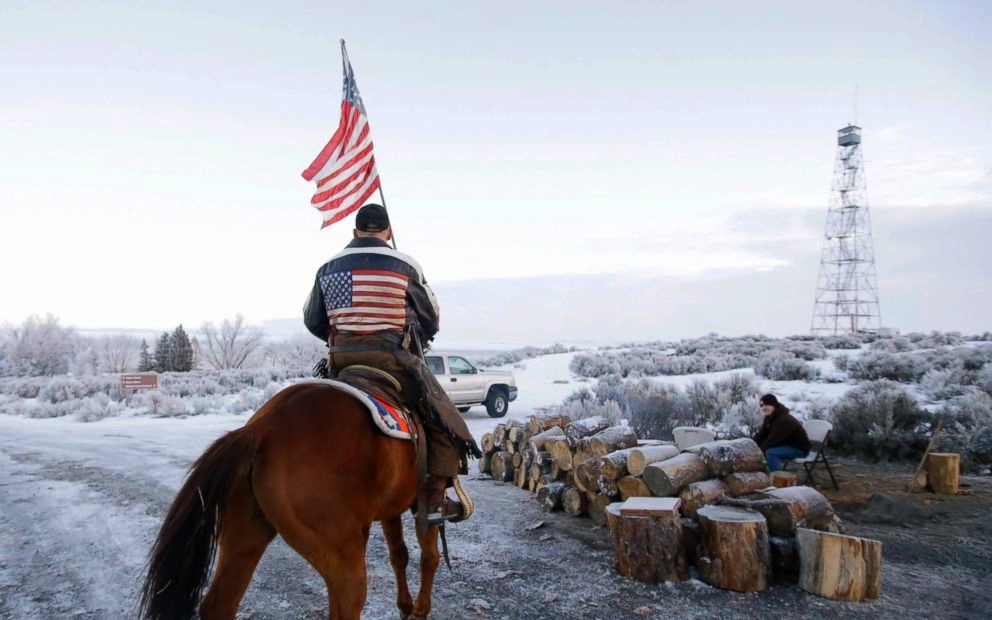Attorney General Balderas recently became aware of the possibility of such harm from federal regulations and four mega meatpacking corporations that collectively process approximately 80 percent of all the beef slaughtered in the U.S. This issue is critical not only for the local businesses which it directly affects, but for all New Mexicans and our fragile economy.
Chris Clark
AG Launches Investigation Of National Cattle Industry
LAS CRUCES ― This week, Attorney General Hector Balderas announced a multi-pronged investigation to review unfair and anticompetitive practices in the national cattle industry that harm New Mexican families, and our ranchers and cattle farmers– who are the backbone of New Mexico’s economy.
Family-owned farms and ranches that have been in operation for generations are vital to the health of New Mexico, which is why Attorney General Balderas is extremely concerned about the possibility of those businesses being threatened, especially by harmful regulatory practices and corporate entities that have no meaningful ties to New Mexico and no interest in the well-being of New Mexicans.
“My office will review current federal regulatory schemes and use the full force of New Mexico law to investigate giant, out of state corporations that are reaping record profits at the expense of New Mexico consumers and family businesses,” Balderas said. “We will hold any party who harms our families, ranchers, and farmers fully accountable for their actions.”
Balderas discussed the launch of the investigation, believed to be the first of its kind by a state attorney general, alongside ranchers and the New Mexico Cattle Growers Association in Las Cruces and Albuquerque.
Balderas continued, “New Mexican families are under attack. Our economy is among the worst in the nation, and our families are struggling to make ends meet. We can no longer sit idle while large, out of state corporations unfairly conduct business at the expense of our families’ grocery budgets. New Mexicans have seen their paychecks stagnate, as the price of everyday items like beef and milk continue to rise, only to the benefit of the corporations’ bottom line. This is unfair, and these out of state businesses must be held accountable.”
Cattle ranchers are in a constant struggle with the environment, fluctuations in cattle cycles, and their ability to generate profits. And that’s under the best of circumstances. Add to that mix the possibility of anticompetitive or abusive practices and that can be a recipe for disaster. Attorney General Balderas recently became aware of the possibility of such harm from federal regulations and four mega meatpacking corporations that collectively process approximately 80 percent of all the beef slaughtered in the U.S. This issue is critical not only for the local businesses which it directly affects, but for all New Mexicans and our fragile economy.
Attorney General Balderas has committed his office’s resources and will use the full force of its authority to challenge any entity that illegally or unfairly threatens New Mexico’s local farming and ranching communities, including the USDA or any other entity that acts without integrity. Additionally, the New Mexico Office of the Attorney General will fight against federal overreach that hurts our family-owned farms and ranches to ensure that this critical piece of our state’s identity is honored and protected for generations to come.
The cattle and calf industry is one of the top two commodities for cash receipts in New Mexico, with a significant influence on the state’s cultural identity. We have approximately 7,000 cattle farms in New Mexico. The New Mexico dairy industry includes approximately 325,000 milk cows, included in the total of almost 1.4 million dairy and beef cows in New Mexico.
Attorney General Balderas will update the public in the coming weeks on the status of this investigation.




I am interested in more background for this story. You mention “unfair and anticompetitive practices in the national cattle industry that harm New Mexican families, and our ranchers and cattle farmers.” Do you have examples of some of those practices? And what do you mean by “harm from federal regulations? Any examples?